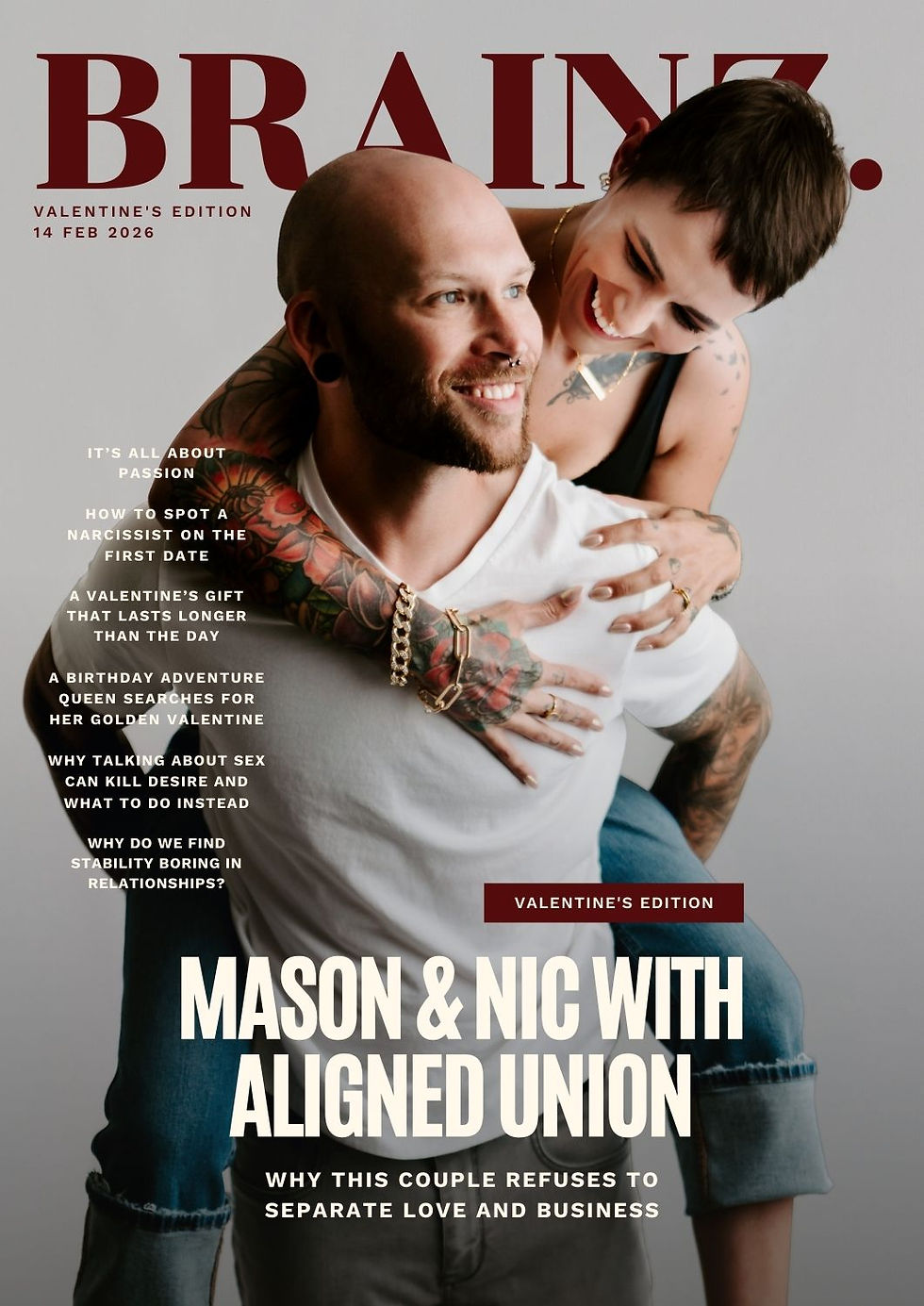A World Without Birth
- Jan 27, 2025
- 3 min read
Updated: Jan 28, 2025
Whitney is a Licensed Professional Counselor in Colorado, specializing in working with women with Borderline Personality Disorder, Bipolar Disorder, and women navigating matrescense, infertility, pregnancy loss, pregnancy, and the postpartum journey. Whitney is the founder of The Rylie Center for Hope and Healing.

What if we stopped glamorizing parenthood to the birthing people who are pregnant or trying to conceive and instead spoke the truth about life as a parent? Would reproduction rates in America plummet further than they already have among millennials and Gen Z?

Media influence doesn’t address the depths of social isolation, lack of systemic support, the cost of daycare, the pressure to return to work within weeks, and the overarching expectation of doing it all in an environment that fails to provide emotional or physical support. If we removed the proverbial red bow that we place on motherhood and spoke honestly about the realities to birthing people, would we reduce the barriers and create a more nurturing environment for families, or would we collapse society? Nine months are spent focusing on a pregnancy with monthly and weekly visits to providers, but once a child is born, the birthing person is often left behind with little to no support, while all the focus shifts to the adorable newborn.
Cultures throughout history have idolized and worshipped women for their power and beauty. The Egyptian sky God, Nut, was referred to as a mother. The Kongo religion referred to the Sky Mother, Nzambi. Mesopotamian society believed that Ishtar was a goddess representing sex and love. Without the pillars of community and life, where do we stand as a society? If birthing people cease to exist or are not supported in giving birth, society will not continue. We must provide support to birthing people in the most basic and humane ways; without them, we do not exist. Those who create life deserve to be treasured and treated with value and respect, not cast aside as if they have no worth.
The CDC reported that the maternal mortality rate from 1980 to 1985 was 14.1 per 100,000 births. Among those 14.1 mothers, people of color and mothers over 30 were at the highest risk. Today, the CDC reports that the maternal mortality rate in the U.S. for 2024 is 18.8 mothers per 100,000 births, with mothers of color experiencing 50 deaths per 100,000. The United States has the highest maternal mortality rate of any developed nation in the world. Contributing factors to maternal mortality during birth or postpartum include lack of access to care, an undersupply of providers who accept state insurance (Medicaid), mental health struggles, suicide, and overdose. For centuries, birthing people have been viewed as powerful for their ability to sustain life within their bodies and bring it into the world. However, we have begun stripping away their access to basic human rights, healthcare, and support systems that keep them well and cared for.
It’s suggested that the use of a doula can help improve birth outcomes and maternal mental health, but doulas are not covered by insurance plans across the U.S. Along with improved birth outcomes, birthing people need better postpartum support, including access to support groups, trained mental health professionals, postpartum doulas, lactation support, pelvic floor therapy, and paid family leave. Without paid leave, there is immense pressure to return to work and sever the bond with their new child. In European countries, parents are allowed between eight months and two years of paid time away from work to bond with their child and recover from the childbirth experience. Birthing parents are also offered a multitude of support services as part of the standard of care. As a society and within the medical model, we are failing our birthing people and families in the U.S. by denying them access to the valuable resources they deserve.
Read more from Whitney Frost
Whitney Frost, Mental Health Therapist and Clinical Director
Whitney is a mom, wife, therapist, business owner, author, mental health advocate, and champion for policy change for all women and moms in the US, and serial entrepreneur. Whitney is an advocate for women navigating motherhood by creating equitable, quality mental and physical health care for all women and those identifying as women. Whitney is the founder of The Rylie Center for Hope and Healing, Colorado's largest perinatal collective.









